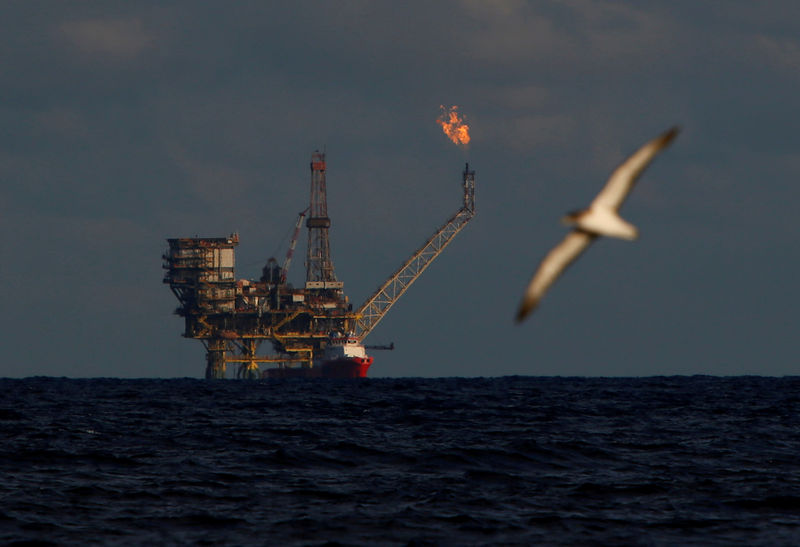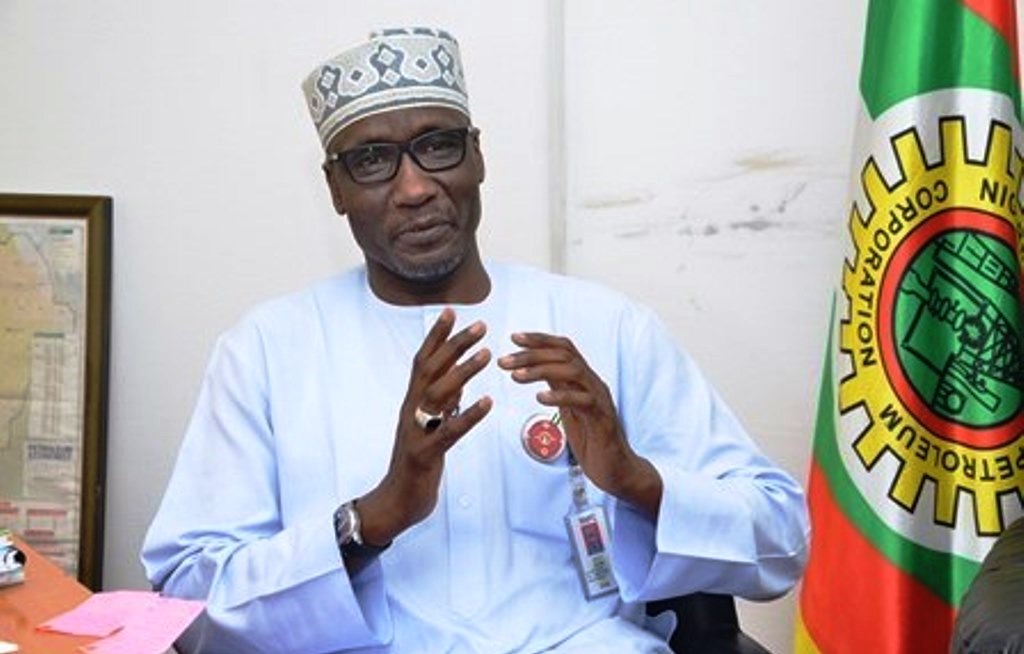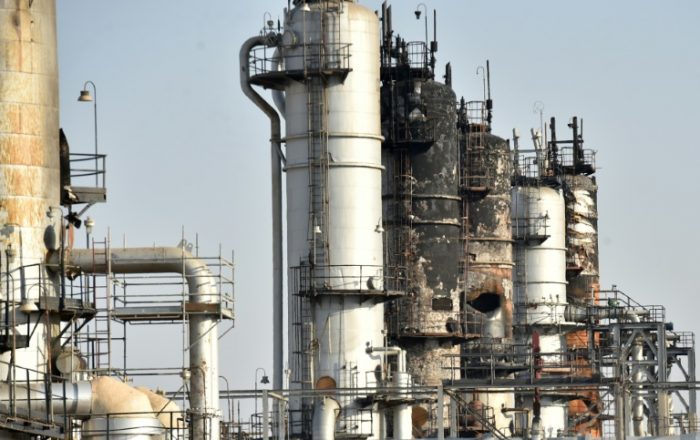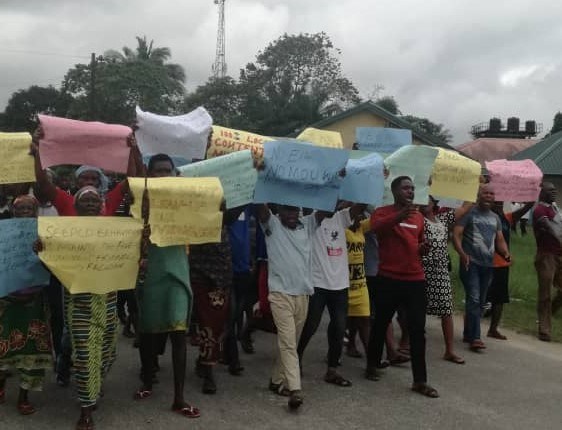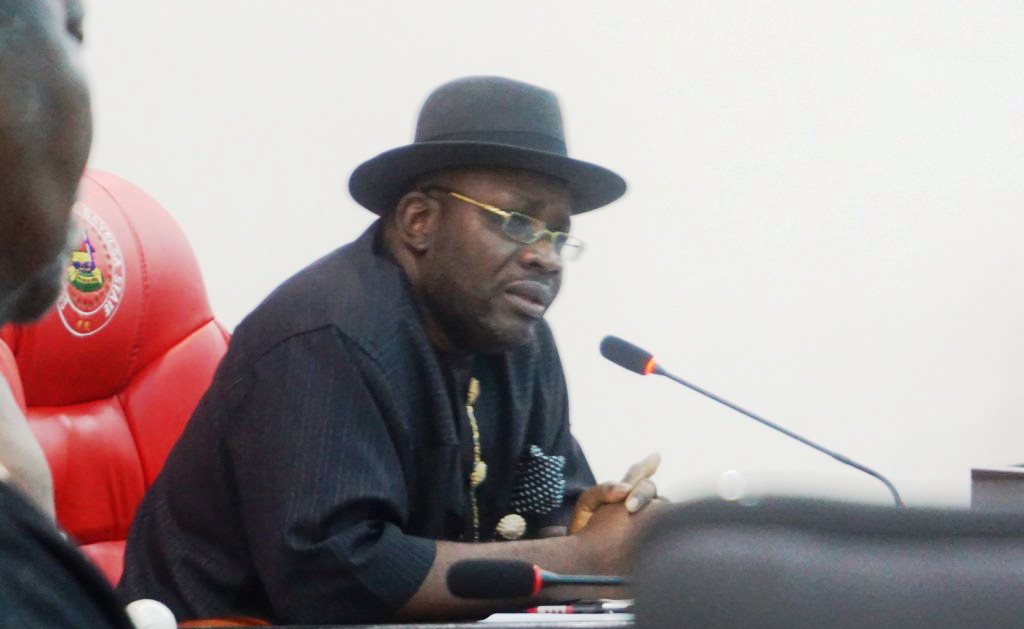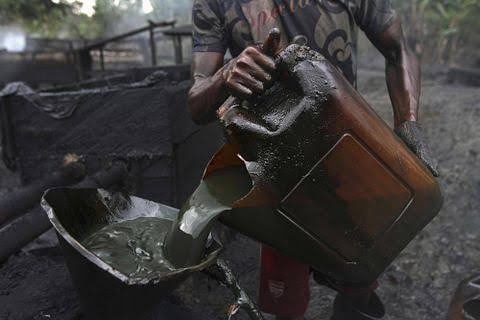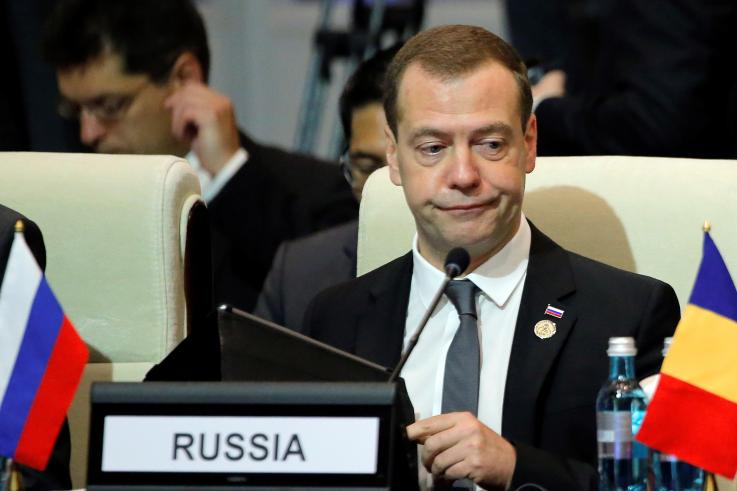It said Nigeria lost about 36.5 million barrels of crude oil to theft and sabotage in 2017, the Nigerian Extractive Industry Transparency Initiative has said.
An analysis of the latest annual oil and gas report of the Nigeria Extractive Industries Transparency Initiative for the 2017 fiscal said the country witnessed a reduction in oil theft within the year.
The report also stated that 69 million barrels of crude was lost due to decrease in production volumes resulting from routine maintenances or unplanned repairs of the production facilities.
“This was regarded as a remarkable improvement, particularly when compared to the 2016 figures of 101million barrels and 144 million barrels lost to theft and deferred production respectively,” NEITI said.
According to the report, out of the 690,465 million barrels of crude oil produced in 2017, a total of 688, 291million barrels were lifted.
Though marginal, this represented an increase from the 668,147 million barrels lifted in 2016.
The report also showed that the Nigerian National Petroleum Corporation lifted a total of 241 million barrels of crude oil on behalf of the federation.
A breakdown of the lifting showed that federation exports accounted for 135 million barrels, while the domestic crude lifting accounted for 106 million barrels.
The report disclosed that the federation exports volume went down by 36 per cent from 211 million barrels in 2016 to 135 million barrels in 2017.
While lifting by the companies amounted to 447 million barrels, joint venture operations, production sharing contracts and sole risk operators accounted for 130 million barrels, 223 million barrels and 79 million barrels respectively.
“Marginal field and service contract operators lifted 15 million barrels and one million barrels during the year under review,” the 2017 oil and gas report stated.
On crude allocation for domestic use, the report indicated that in 2017, the NNPC allocated 105.925 million barrels for domestic use.
It stated that while 25 per cent of this quantity was supplied to the refineries, 69 per cent was on the other hand utilised for the Direct Sale Direct Purchase arrangement.
Cases of pipeline breaks on oil installations across the country witnessed a significant reduction between 2013 and 2017, dropping from 3,571 to 924.
The report said the 2017 fiscal year showed that pipeline breaks reduced by 2,647 within the four-year period.
Findings showed that after the country witnessed 3,571 pipeline breaks in 2013, the cases moved up to 3,732 breaks in 2014.
It increased again in 2015 to 2,832 breaks and in 2016 Nigeria recorded 2,589 pipeline breaks across its oil installations.
This dropped to 924 breaks in 2017, a development which industry operators described as significant.
“This decline suggests a positive return on the actions taken to mitigate vandalism,” NEITI stated in its report.
